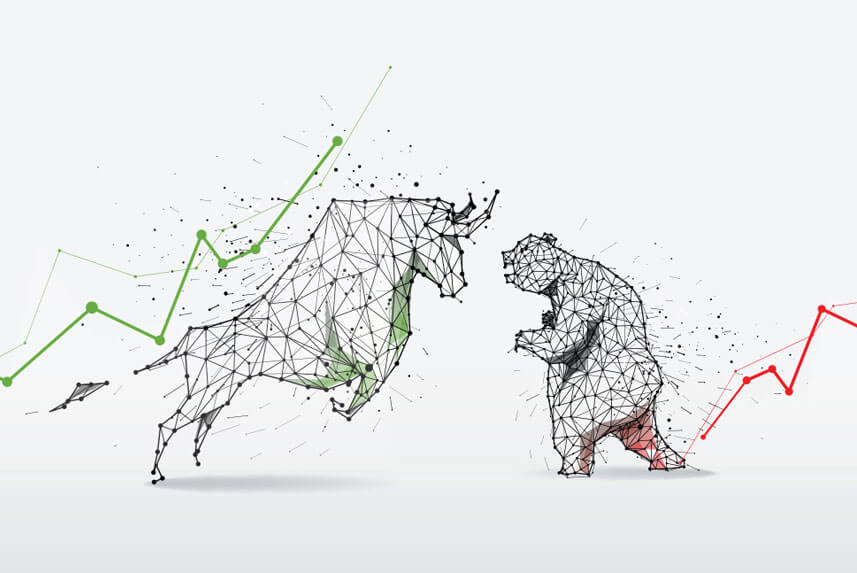
IMFA
Knowledge Gained Through Years of Experience
With years of experience to boot, our experts have a unique combination of theory and practical information to share!
| Course Fees | Course Duration (Month) | Course Duration (Weeks) | Sessions Per Week | Total Sessions | Duration Per Session |
|---|---|---|---|---|---|
| $10000 | 6 | 24 | 5 | 120 | 2 Hours |
History of FOREX
FOREX Market Size
FOREX vs. Stocks
Reading Currency Pairs
How and When to Buy or Sell
Long vs. Short Positions
Software
What is Leverage in FOREX?
Using Margin in FOREX Trading
What is Margin Call in FOREX and How to Avoid One?
Types of FOREX Orders
Top 5 Benefits of Using Entry Orders
Using Stop Loss Orders
Slippage in FOREX
Major FOREX Trading Sessions
Trading the London Session
Trading the New York Session
Trading the Tokyo Session
Trading the 24-Hour FOREX Market
Trading Opportunities when Markets are closed over Weekend
The Best Time To Trade
Interbank Trade
Central Banks
Commercial Players
Big Brokering Services
Retail Traders/Brokers
How to Read a FOREX Economic Calendar
US Based Fundamental Indicators
CB Consumer Confidence
CPI
GDP
Fed Chair Speech
Federal Funds Rate
FOMC Meeting Minutes
FOMC Press Conference
FOMC Statement
ISM Manufacturing PMI
Non-Farm Employment Change
Philly Fed Manufacturing Index
Unemployment Rate
Unemployment Claims
Non-US Based Fundamental Indicators
China-GDP & Manufacturing PMI
Europe-EU Economic Forecasts, ECB President Speech, ECB Press Conference & Monetary Policy Statement
Germany-Flash Manufacturing PMI
Japan-BOJ Outlook Report & Monetary Policy Statement
Switzerland-SNB Monetary Policy Assessment
How Central Banks Impact the FOREX Market
Federal Reserve
European Central Bank
Bank of England
Swiss National Bank
Bank of Japan
Central Bank Intervention in the FOREX Market
How Monetary Policy Affects FX Trading
Basics of Technical Analysis
Top 3 Charts for Trading
FOREX Trendlines
How to Read a Candlestick Chart
Single Candle Patterns-Hammer, Hanging Man, Doji, Spinning Tops
Two Candle Patterns-Bullish Engulfing, Bearish Engulfing, Harami, Piercing Line, Dark Cloud Cover
Three Candle Patterns-Morning Star, Evening Star
The Forces of Supply and Demand
Supply and Demand Trading
Supply and Demand vs Support and Resistance
Psychological Levels & Round Numbers in Forex Trading
Pivot Point Strategies for Forex Traders
Technical Indicators
Using Price Action As Your First Indicator
Moving Average
MACD
RSI
Bollinger Bands
Overbought vs Oversold
Leading vs. Lagging Indicators
Lagging Indicators
Leading Indicators
Double Top Pattern
Double Bottom Pattern
Head and Shoulders Pattern
Rising Wedge Pattern
Falling Wedge Pattern
Cup and Handle Pattern
Pennant Patterns
Rectangle Patterns
3 Triangle Patterns
Ascending Triangle
Descending Triangle
Bullish Flag Patterns
Bearish Flag Pattern
Top Continuation Patterns Every Trader Should Know
What is Fibonacci Theory?
Fibonacci Arcs
Fibonacci Fans
Fibonacci Retracements
Fibonacci Extensions
Fibonacci Time Zones
What is Elliott Wave Theory?
Basic Principle of the 1930’s Elliott Wave Theory
Wave Degree
The New Elliott Wave Principle
Relation Between Fibonacci and Elliott Wave Theory
Waves Personality
A Guide to Multiple Time Frame Analysis
What is the Best Time Frame to Trade Forex?
Time Frames of Forex Trading: A Beginner’s Guide
Introduction to Basic Trendlines Analysis
Introduction to Pitchfork Analysis & Median Line Trading
Introduction to Multi-Time Frame Analysis
Sentiment Analysis for Forex Trading
Using the COT Report in Forex Trading
What type of FOREX Trader are you?
Top 8 FOREX Trading Strategies and their Pros and Cons
What Trading Style Best Suits Your Personality?
How to Create a Trading Plan in 7 Steps?
How to Set Up Effective Trading Goals?
How to Be a Part Time Trader?
How to Combine Fundamental and Technical Analysis?
7 Step Trading Checklist Before Entering Any Trade
FOREX Trading Journal
Trading with Confidence in the FOREX Market
10 Trading Mistakes to Avoid in FOREX Trading
Becoming a Better Trader-Fixing Mistakes
Find your FOREX Entry Point
3 Trading Exit Strategies
Trading Psychology
Top 10 Trading Myths
FOREX Trading Truth or Lie?
Improve Your Trading Bias
What is FOMO in Trading?
How to deal with FOMO to Become a Better Trader
JOMO is the New FOMO
How to Manage the Emotions of Trading?
How to Manage Fear and Greed in Trading?
How to Control Greed When Trading?
How to Trade Consistently Without Having the Perfect Strategy?
Psychology of Speculation in the FOREX Trading
About IMFA | Register | Resources | Careers | Contact | Privacy Policy
© Copyrights 2019 | Design : Kappsoft